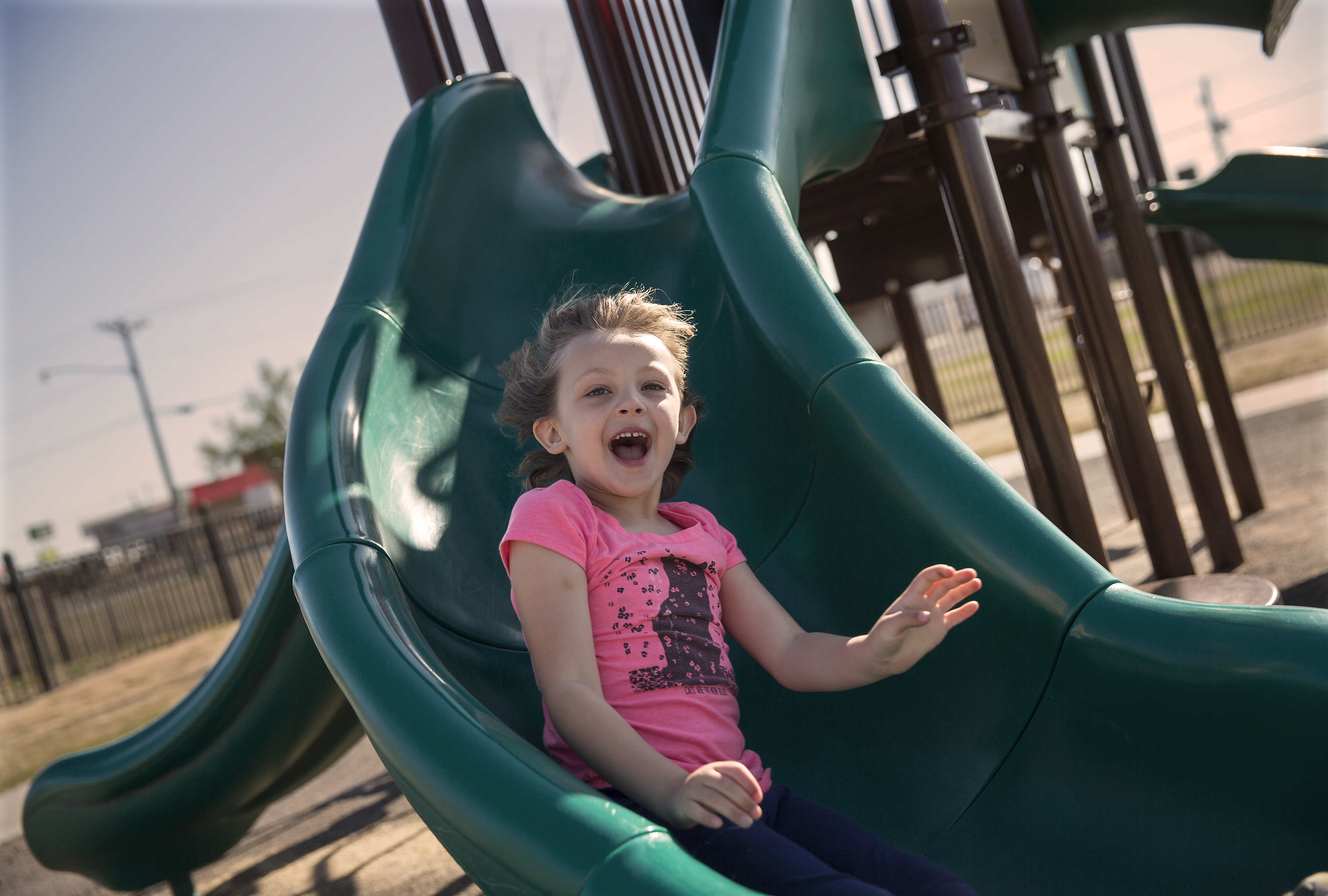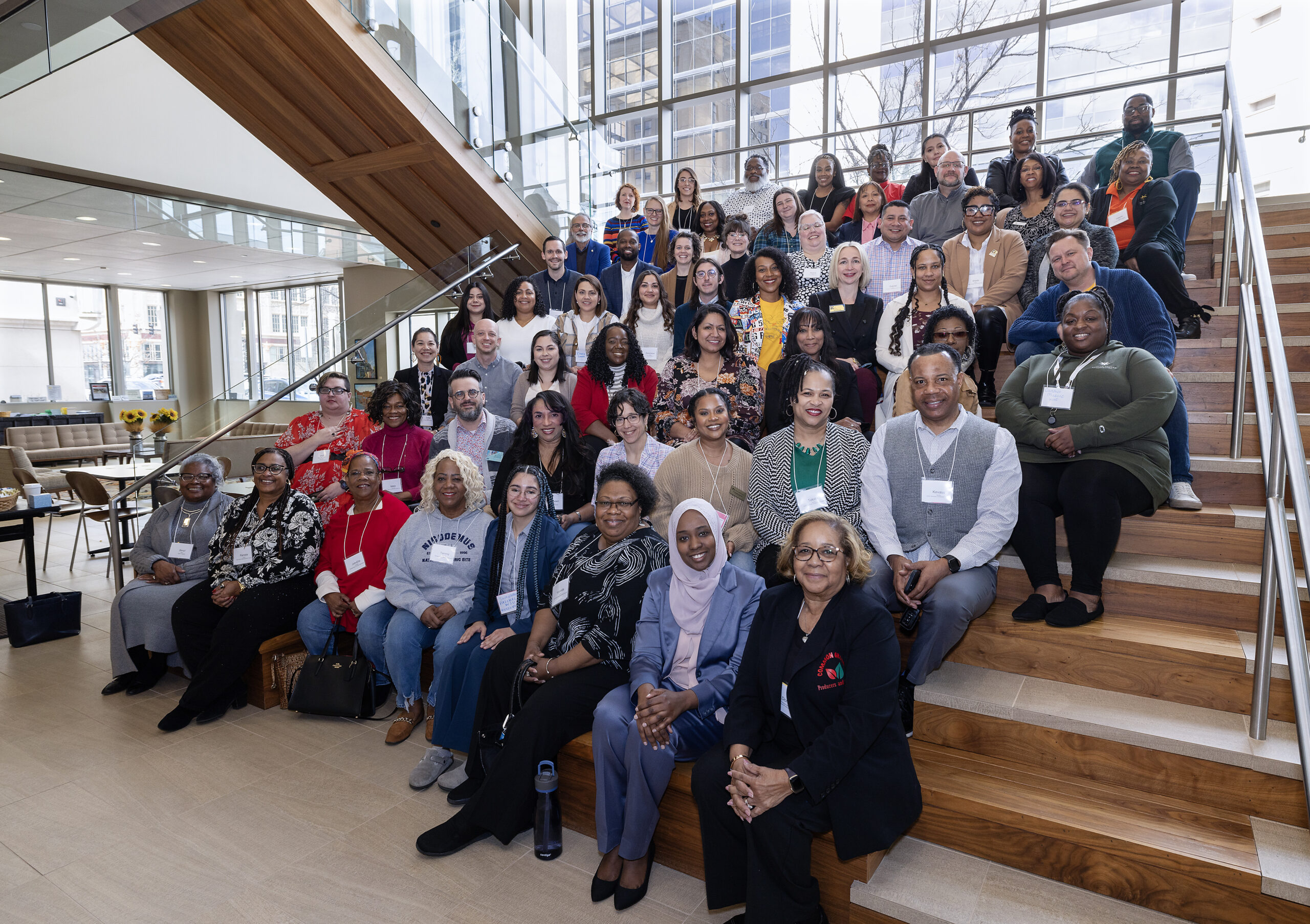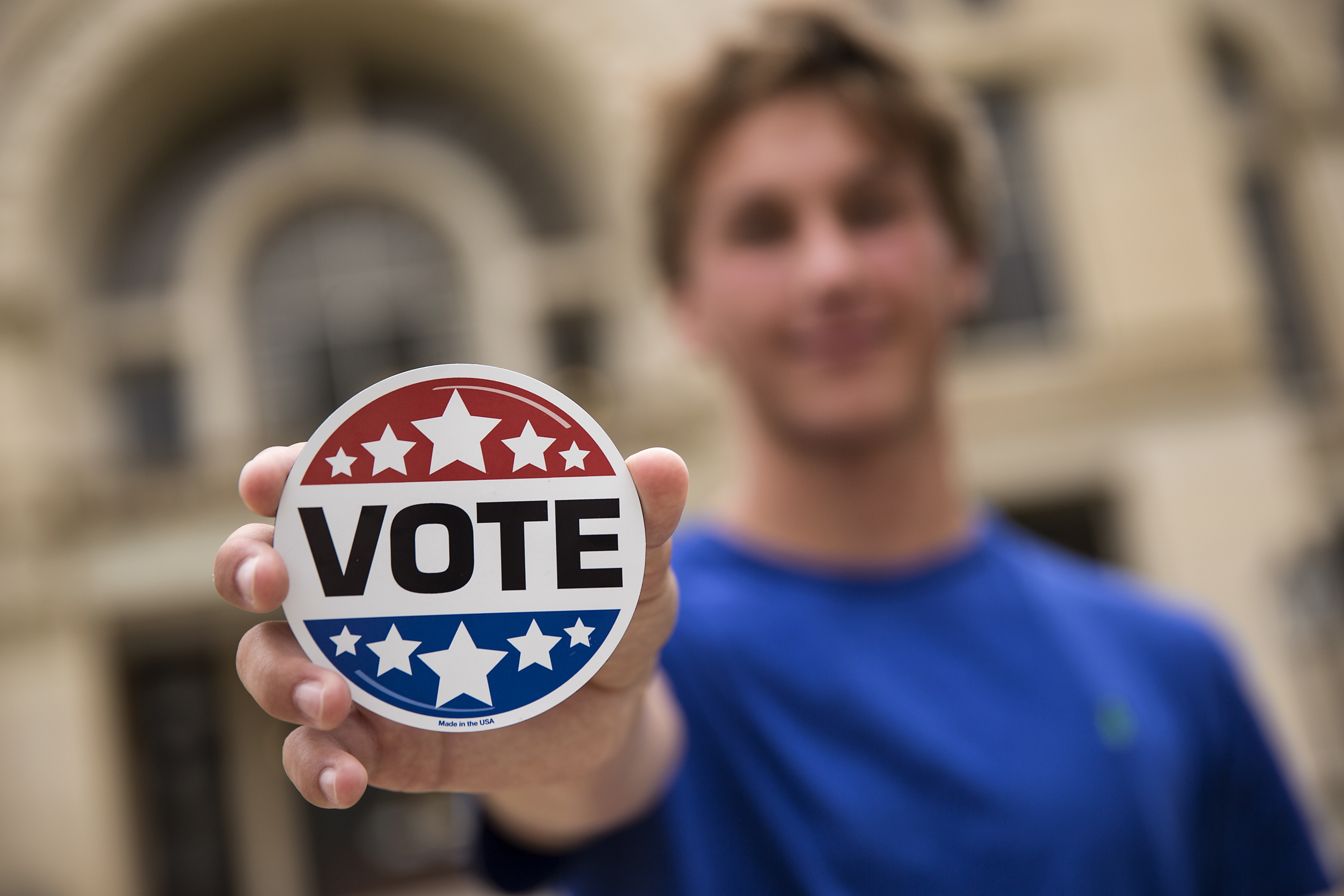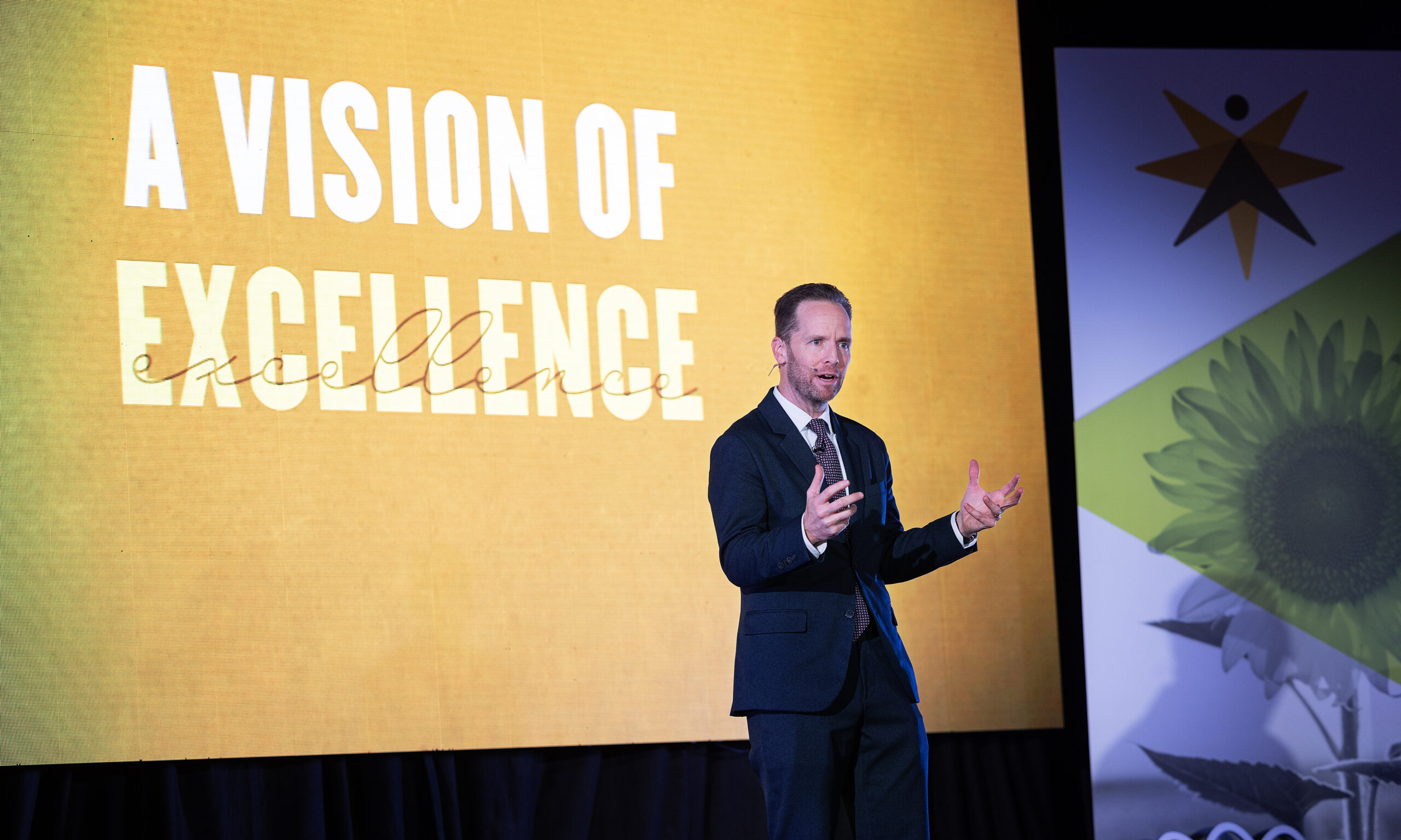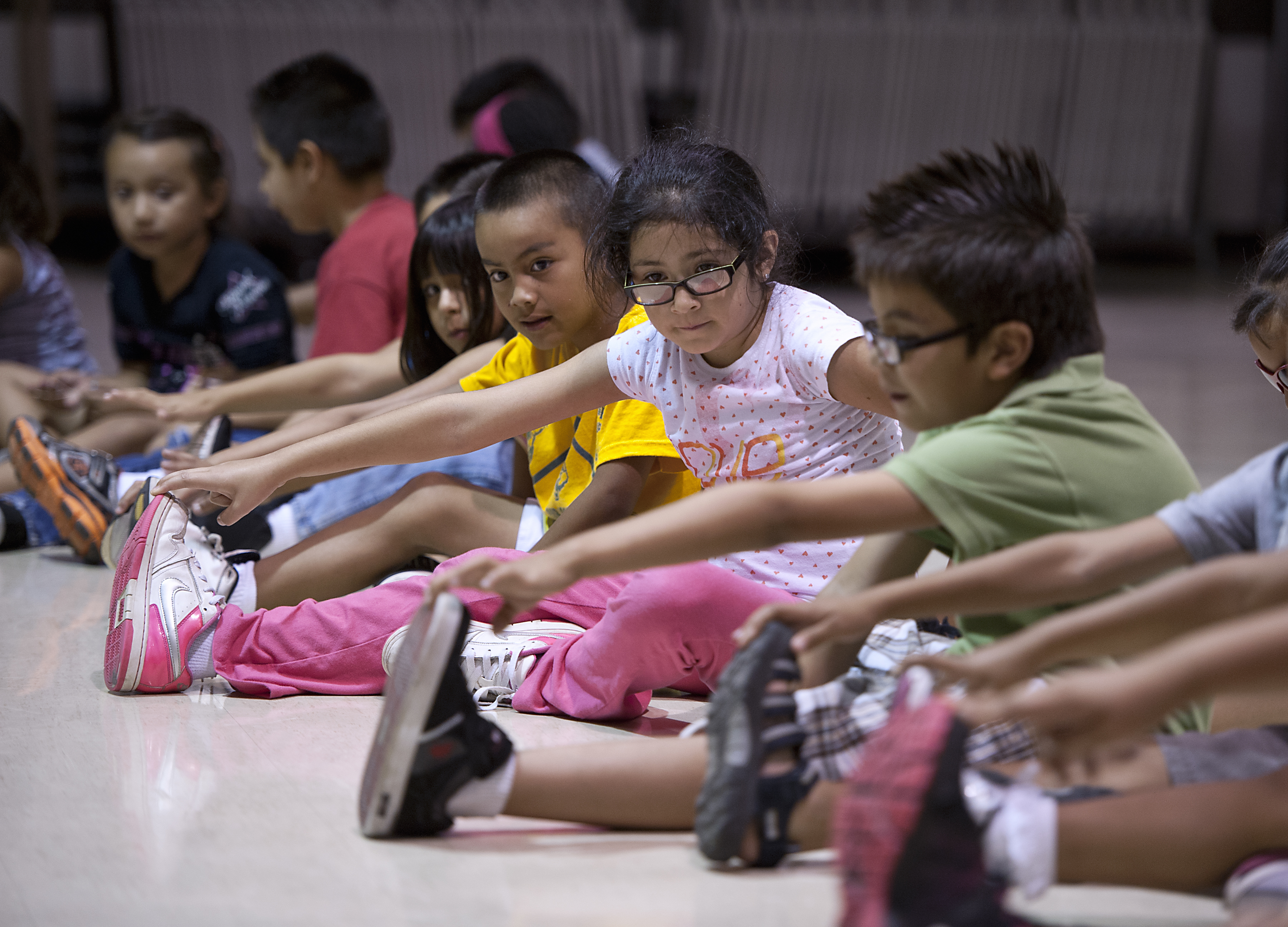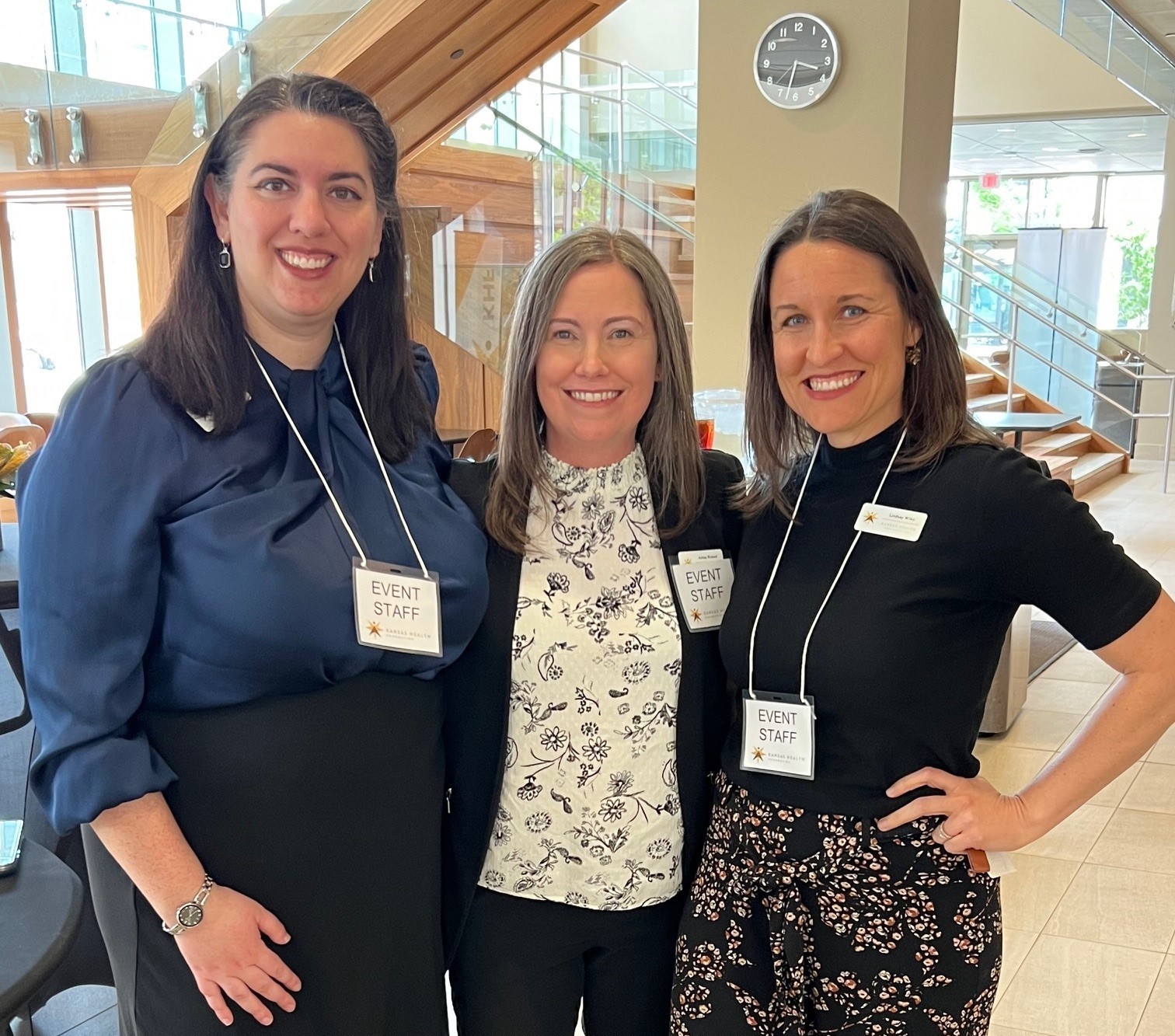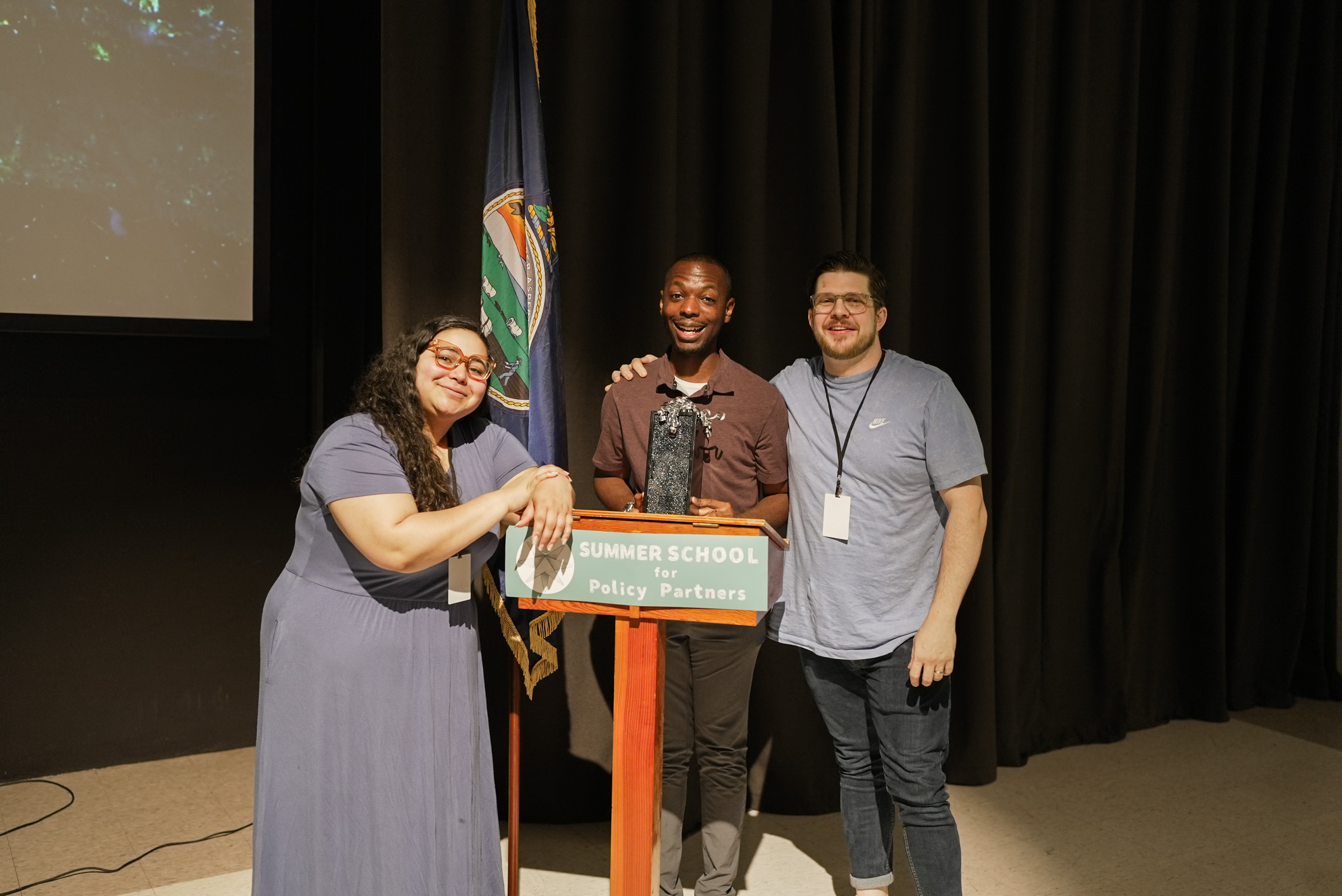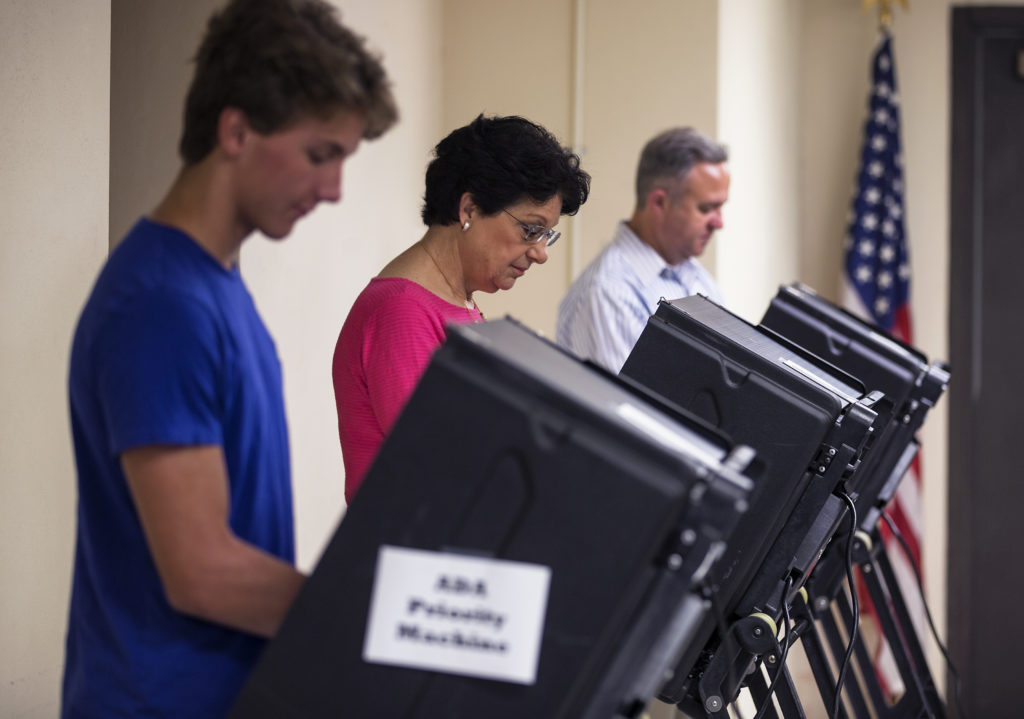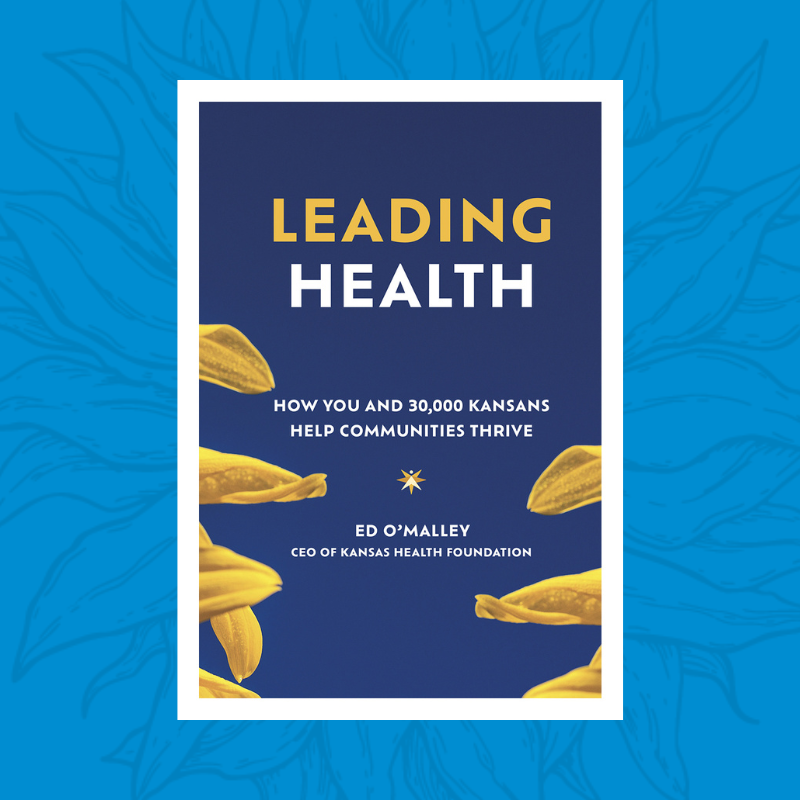To help engage more Kansans in the democratic process, the Kansas Health Foundation (KHF) is making voter engagement a funding priority for vulnerable groups. This priority is coming to life through a multi-state partnership to engage populations that are new to the political process and connect the importance of voting with long-term health.
The Kansas Health Foundation (KHF), Health Care Foundation of Greater Kansas City (HCFGKC) and the REACH Healthcare Foundation are launching a new initiative, “Kansas Integrated Voter Engagement: Health Depends on a Vibrant Democracy.” Information about this grant opportunity is available at kansashealth.org, with a September 7 deadline.
The health of many Kansans is often affected by how much money they make, where they live, their education level, race or ethnicity. Low-income Kansans, African-Americans, Hispanics and those without a high school education often experience poorer health and may have reduced access to affordable health care. These same individuals are also less likely to vote or register to vote.
According to the U.S. Census Bureau Voting and Registration Supplement, 61.3 percent of Kansans voted in the 2016 presidential election and 70.9 percent were registered. However, the breakdown of voters shows the significant opportunity to engage more Kansans:
2016 voter registration:
- White, non-Hispanic Kansans was 74.4 percent
- African-American Kansans was 61.8 percent
- Hispanic Kansans was 54.7 percent
- Women, 74 percent; Men, 67.6 percent
2016 voter turnout:
- White, non-Hispanic Kansans was 65.3 percent
- African-American Kansans was 44.5 percent
- Hispanic Kansans was 48.9 percent
- Women, 64.9 percent; Men, 57.5 percent
The engagement is even lower for participation in local elections. For example, compare Kansans with less than a high school diploma who vote with Kansans with a college degree: 36.8 percent and 70.5 percent respectively.
For the Integrated Voter Engagement grant (IVE), up to 10 organizations will be selected through a Request for Proposals process, eight in Kansas and up to two in Missouri (Cass, Jackson or Lafayette counties). The selected organizations will incorporate year-round, non-partisan IVE into their existing work to serve at-risk populations. The goal is to increase voter registration and turnout in local, state and national elections, and to encourage greater civic engagement between election cycles.
Funded organizations may receive up to $75,000 a year for three years, for a total grant of $225,000 per organization. Applications are being accepted now at kansashealth.org and are due by Thursday, September 7, 2017. For full details and requirements, visit kansashealth.org.

